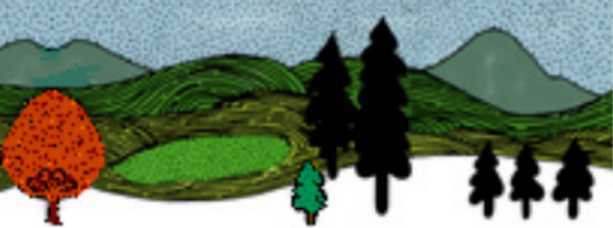

ECON 202 -
PRINCIPLES OF ECONOMICS:
MACROECONOMICS
Phil
Martinez
Phil Martinez
Outline of Macroeconomic Theories


|
Classical Theory
Supply determines the state of the economy.
Smith : Costs => Supply => Price => Demand
Say’s Law : Supply calls forth its own Demand
|
|
Early Critiques of Classical Theory
Recurrent problems appear to be chronic & generated by
the market itself.
Malthus : Depressions, poverty & unemployment are too
chronic to be simply adjustments to equlibrium.
Marx:
(Crisis Theory) - Capitalism is prone to generating ever-increasing
internal crises that it cannot resolve, e.g. Depressions, chronic
under-employment, & instability.
Institutionalism
(Early 1900s): Historical, political,
social institutions influence & constrain market activities and forces. |
|
Keynesian Theory
Explicitly rejects Classical Macro Theory.
The market is most often not in equilibrium and often
produces sub-optimal equilibriums.
Demand (total spending) determines the state of the economy.
Government should use Fiscal policy to stabilize the
business cycle. |